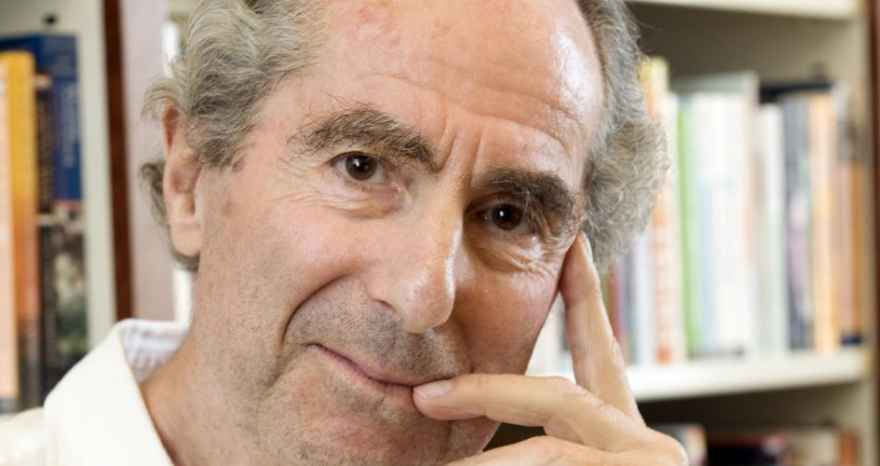Philip Roth, award-winning author and UChicago alumnus, 1933-2018

The following obituary was published on May 23 by the UChicago News Office.
Philip Roth, one of the iconic voices in American letters who credited his debut novella to a conversation he had while a University of Chicago graduate student, died May 22. He was 85 years old.
Over a career that spanned six decades, Roth, AM’55, received almost every major literary prize, including the Pulitzer Prize, National Book Award, PEN/Faulkner Award and National Book Critics Circle prize. Other honors included the National Medal of Arts and National Humanities Medal, as well as the Man Booker International Prize for his contributions to literature in English.
Roth received his master’s degree in English from UChicago in 1955 and taught in the College’s writing program from 1956-58.
In media interviews, Roth discussed the impact of his time at UChicago, where he took classes with former Dean of the Humanities Napier Wilt, became a protégé of Nobel laureate Saul Bellow, and studied alongside noted writer and editor Ted Solotaroff.
In a 1983 interview with the Chicago Tribune, Roth said of Chicago: “I’ve never felt as close to any other city I’ve lived in,” in part because of the young talent he met at the University—“the competition, the ambition, the stimulation, the talk.”
Also in that interview Roth said he owed his debut novella Goodbye, Columbus to Richard Stern, the late Helen A. Regenstein Professor Emeritus in English Language and Literature. Over hamburgers at a Hyde Park tavern in 1955, Roth told Stern of his middle-class upbringing in New Jersey. “Dick got a kick out of the stories. ‘Why don’t you write that down?’ he said. My head was so full of The Golden Bowl, I thought he was having me on. But when I went home, I did it.”
His talks with Stern, Roth said, “helped me to see that what was in front of my nose, though not as resounding as Conrad or as convoluted as James, qualified as fiction. That’s what I learned in Hyde Park, how to talk back to all those great books.”
Roth’s time at UChicago influenced his work in other ways as well. Nathan Zuckerman, the protagonist of several Roth novels, is a UChicago alumnus, while Roth described former Dean Wilt as his “greatest supporter.”
“I loved the University of Chicago,” he said in 2011 upon winning the Man Booker International Prize. “[It] was in a great city and had great faculty and it had very, very smart students.” Roth said Bellow’s writing had a deep influence on his work and experience of the city. “[Bellow’s novel] Augie March was my guide book, I read it like Fodor's guide to Chicago, y’know? Also it was so glamorous—it seemed to me, that I should be in this city that nourishes this guy.”
Roth’s debut collection, Goodbye, Columbus won the National Book Award in 1960. He is perhaps best known for his 1969 novel Portnoy’s Complaint, a comic novel that attracted both praise and controversy for its frank discussion of sexuality. His other novels include The Counterlife, for which he won the 1987 National Book Critics Circle prize for fiction; American Pastoral, for which he won the 1998 Pulitzer Prize for Fiction; and Operation Shylock, The Human Stain and Everyman for which he won the PEN/Faulkner Award for Fiction in 1994, 2001 and 2007, respectively.